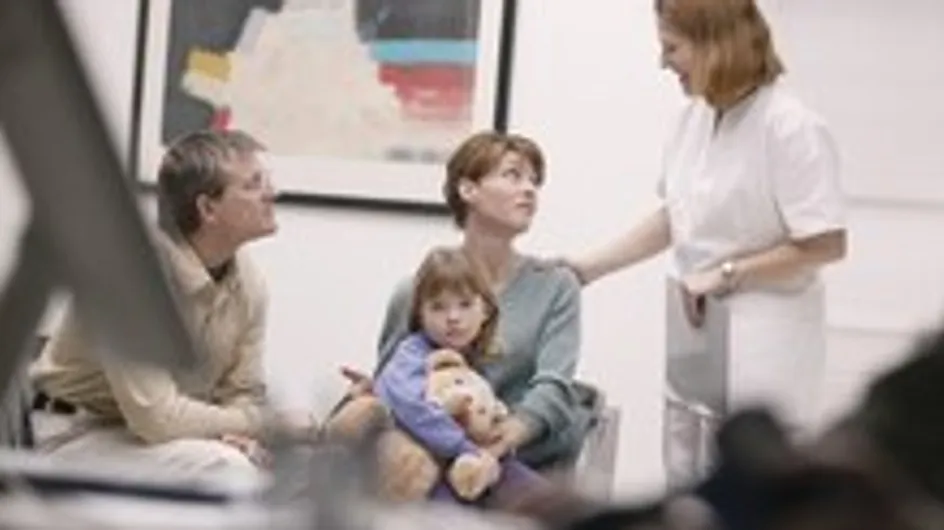The impact of the family
Our family and the links that we tie with family members during childhood are fundamental. A whole series of relationships are founded, in which conflicts can arise and generate psychological problems. The impact of these is huge and affects all other relationships in life. In addition, 'skeletons in the closet,' (serious family secrets such as adultery, illegitimate children, adoption, suicide etc.) can also cause issues within a family.
The idea of family psychotherapy
Sometimes certain behaviour can be difficult to manage and so the help of a specialist can be useful. Family psychotherapy includes the person who is suffering as well as the members of their family. Family therapy starts with the idea that it is only possible to treat a patient when all their interactions that govern the workings of a group are analysed. So group therapy is used to expose the problems, learn to deal with the crisis and understand things that have been left unsaid. Here, communication between different members of the family is stressed: the therapist is not looking for the causes of certain types of behaviour, but rather observing the effects.
Who is family therapy addressed at?
It usually addresses families in which one of the children has a serious psychological problem, whether psychotic (schizophrenia), neurotic (hypochondria, phobias, hysteria) or other (eating disorders, for example).
When should family therapy be used?
There's no right time to seek family therapy. Nevetheless specialists say that sessions can be undertaken when a child (or one of the parents) shows symptoms of real psychological unease and when these lead to conflicts within the family.
The methods of family psychotherapy
Specialists use two main methods:
- Systemic therapy considers the family as a system (a method borrowed from the theories of cybernetics and the Palo Alto school), where the members are dependant on one another. In other words, it’s a global approach that puts emphasis on exchanges between family members and decrypts verbal and emotional interactions. Then the specialist defines a type of behaviour and identifies weaknesses in order to gradually turn things around to restore a climate of balance and mutual comprehension.
- Psychoanalytical therapy seeks to understand the structure of interpersonal conflict within the family cell with the help of psychoanalytical concepts. If a child is at the heart of the problem, the specialist seeks to understand any mental conflicts between the parents that could be unconsciously projected onto the child. Analysis of any transgenerational conflicts can also be used: unresolved conflicts between generations (parents and grandparents) can affect children and lead to problems.
What happens in family therapy sessions?
First it’s important that the therapist meets the whole family, and this is what the first three sessions are for. In general, family therapy may be carried out in two rooms by two therapists. The first takes place in a room with the whole family and the second takes place in another room behind a two-way mirror and is recorded on video. The therapist will then analyse the interactions. Psychoanalytical therapy takes place through regular meetings where each person can freely express themselves. The therapist can also take the initiative and establish debate.
In practice
Not many family therapists work within an NHS framework, which means that waiting lists are long. If you choose to go private then expect to pay between £40 to £50 per hour. Note that family therapy can be carried out at the therapist's office, in hospital or at special centres. A session lasts around an hour and a half, and it's best to have sessions fairly regularly (at least 3 times a month).
Find a therapist
- UK Council for Psychotherapy
www.psychoterapy.org.uk
Telephone number: 020 7014 9955
- British Association for Counselling and Psychotherapy
www.bacp.co.uk
Telephone number: 0870 4435252
- British Psychological Society
www.bps.org.uk
Telephone number: 0116 254 9568
- British Association of Psychotherapists
www.bap-psychoterapy.org
Telephone number: 020 8452 9823
- AFT, The Association for Family Therapy in the UK
www.aft.org.uk
- The Institute of Family Therapy
www.instituteoffamilytherapy.org.uk
- Family Therapy UK
www.familytherapy.org.uk













